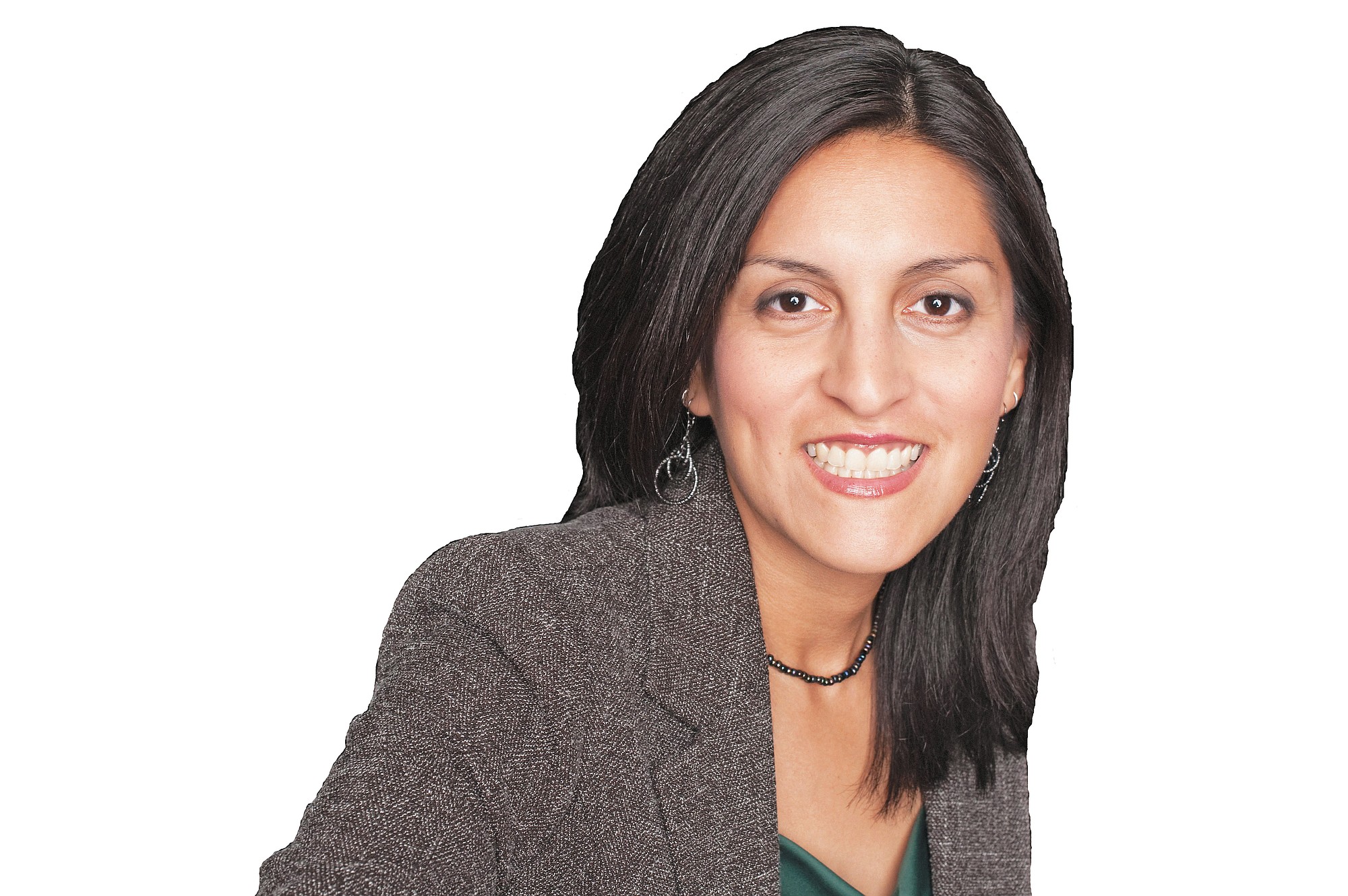There was a Crosby, Stills, Nash and Young song that came out in 1988 called “American Dream.” It had a catchy tune but as a 14-year-old, I recoiled from it because it was so negative.
You wake up in the middle of the night / Your sheets are wet and your face is white / You tried to make a good thing last / How could something so good go bad so fast?
A satire about political scandals, the song wasn’t terribly surprising, coming as it did from the same guys who slandered an entire city with “Chicago,” which protested the violence at the 1968 Democratic National Convention. The point is, CSNY’s “American Dream,” though bouncy, was a real bummer — as are songs of the same title by Hank Williams Jr., Lucinda Williams and, most recently, the pop duo MKTO.
The American Dream has seen hard times and, some say, is on the ropes again. This is what news headlines were declaring after the release of results from a New York Times poll this month. More than two-thirds of respondents said they felt things in this country have pretty seriously gotten off on the wrong track. And according to the subsequent reporting, “just 64 percent of Americans believe in the American Dream.”
But this is only true if you believe that the American Dream is to get rich.
Yes, the much-cited statistic stems from the answer to this question: “Do you think it is still possible to start out poor in this country, work hard, and become rich?” Unless you’re Augie March, a character in a Saul Bellow novel, you might have a different take on what the so-called American Dream is.
Variations on a dream
I did my own public, albeit completely unscientific, poll of the term on my social media networks and was unable to find anyone who defined the American Dream with a “get rich” answer. One reader, Sue Harrison, said, “I believe the American Dream is based on the freedoms we are fortunate to have granted to us as American citizens.”
Don Sellers echoed both my sons’ sentiments (which involved going to college, getting a house, getting married and having kids) with: “The freedom and opportunity to live and work and prosper.”
Over on the Independent Women’s Forum blog, Jennifer Marsico also pushed back at the simplification of such a deeply personal and diverse concept. She cited a September 2013 poll from The Washington Post and the Miller Center at the University of Virginia, which “found that just 29 percent of Americans believe that becoming wealthy is at the heart of what the American Dream means — the lowest response from the list of options given.”
Though I like the oft-cited definition by James Truslow Adams — “life should be better and richer and fuller for everyone, with opportunity for each according to ability or achievement, regardless of social class or circumstances of birth” — my interpretation relies far more on Benjamin Franklin.
Though seen by most as a tome on hard work, virtue and wealth, Franklin’s autobiography always struck me as an object lesson on transformation. From hungry newcomer arriving in Philadelphia with only a few coins to becoming a printer, postmaster, scientist, university founder, statesman, diplomat and flirtatious chess master.
Just like this Founding Father, the American Dream’s strength is its ability to transform in whatever way is needed to ascend from modesty to greatness. Whether it represents a dollar sign to some or the comfort of globally envied personal freedom to others, its strength gives it the ability to be either a catalyst or a comfort.
Either way: The American Dream is not on the ropes — but if it was, you’d be right to believe it will quickly rebound.



